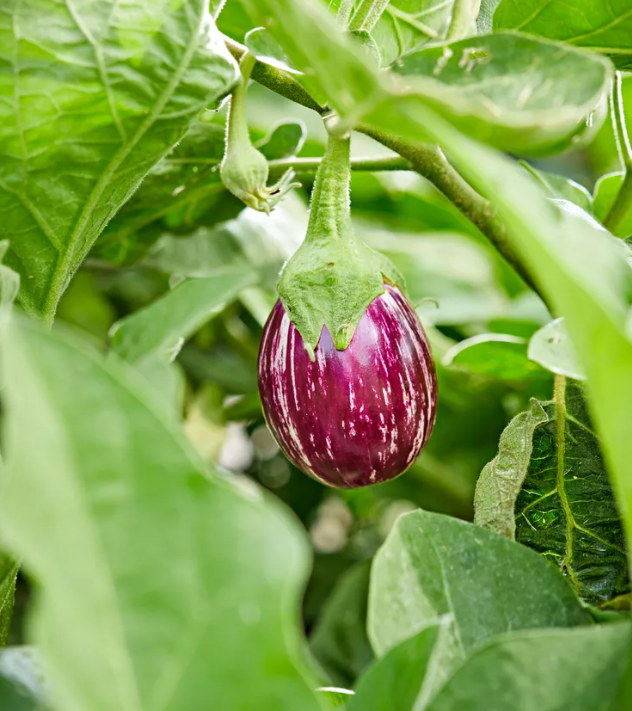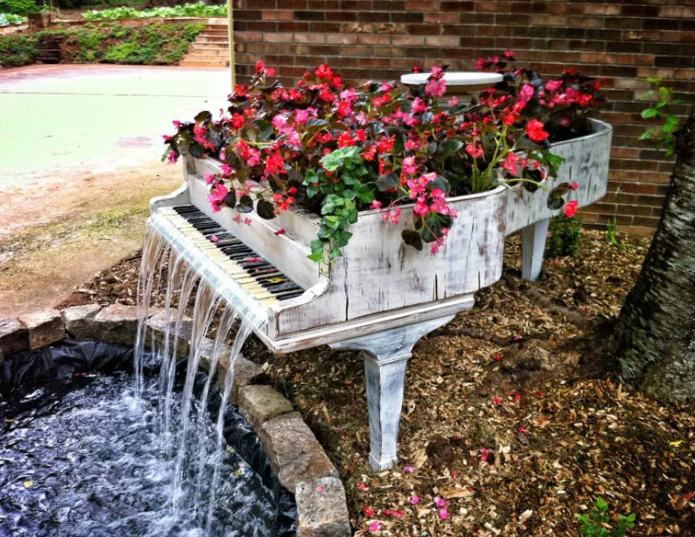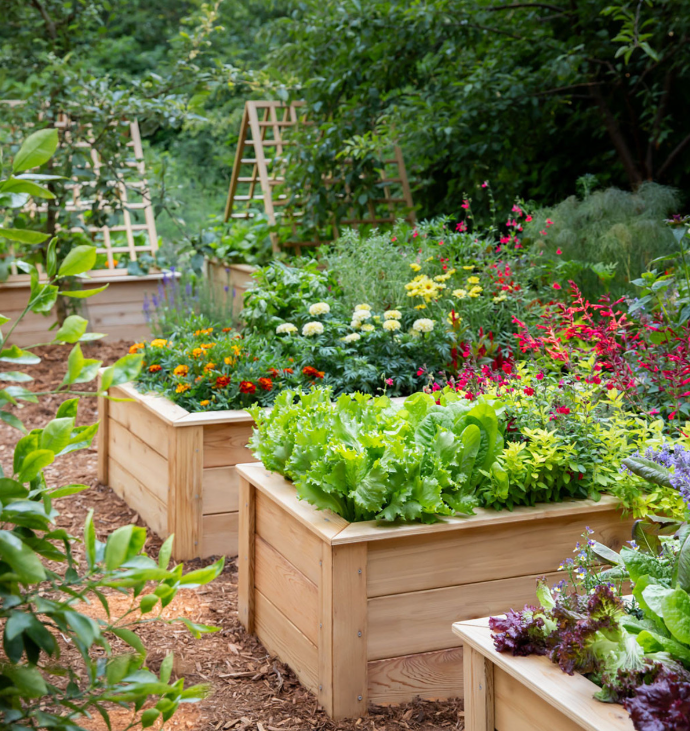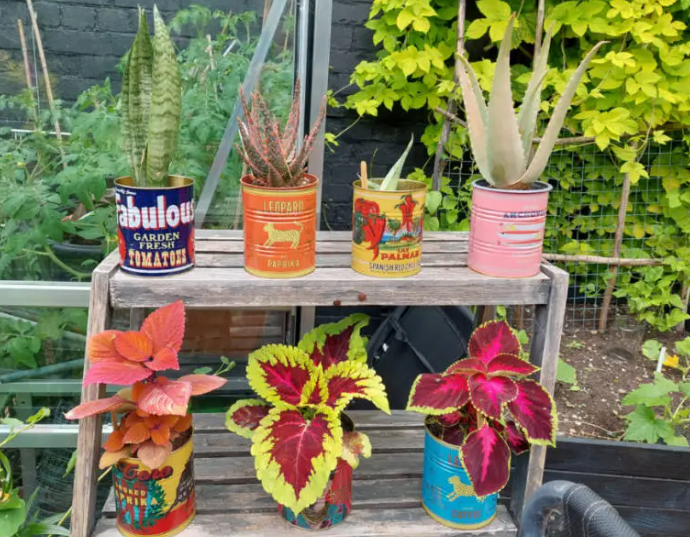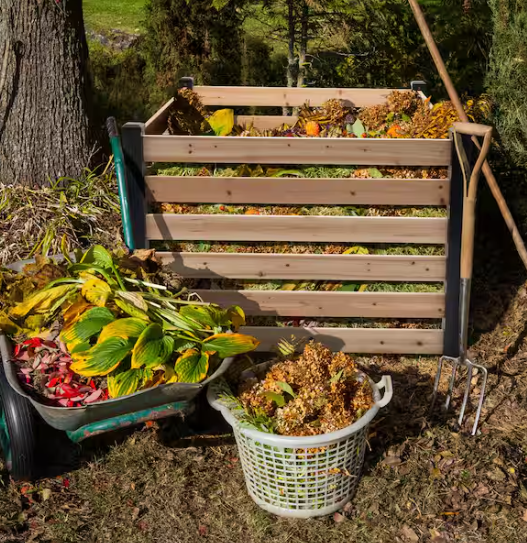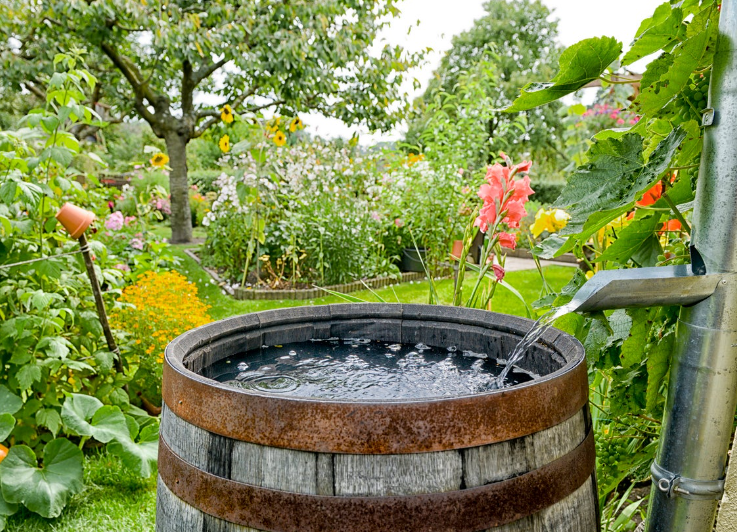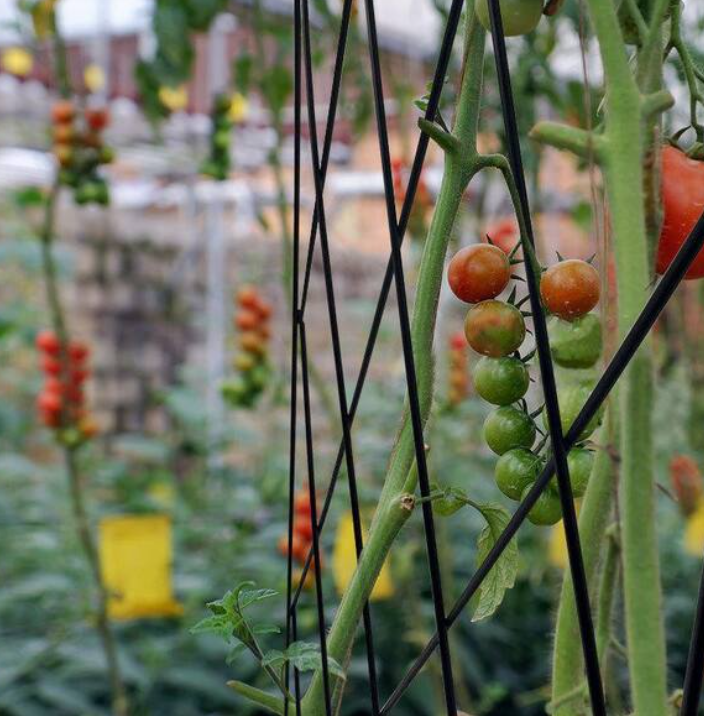Caring for plants doesn’t have to be an expensive hobby. In fact, with a little creativity and resourcefulness, you can create a thriving garden on a tight budget. One of the best ways to save money is by repurposing everyday items you already have at home. Not only does this reduce waste, but it also gives you the opportunity to find unique, functional ways to support your plants. Here are some clever ideas for repurposing items for gardening while keeping your costs low.
Repurpose Containers for Plant Pots
Instead of buying expensive planters, look around your home for containers that can double as plant pots. Old jars, teacups, tin cans, and even broken mugs can serve as unique homes for smaller plants. To make sure they work, simply poke a few drainage holes in the bottom to prevent water from collecting. For larger containers, you can use items like plastic storage bins or even wooden crates. This way, you can create a variety of interesting and personalized planters without spending a dime.
Use Egg Cartons for Seed Starting
Starting seeds indoors is an affordable way to grow your garden, and egg cartons make the perfect vessels for seed propagation. The individual compartments keep seeds separated, and once the seedlings are ready to be transplanted, you can simply cut the carton apart and plant it directly into the ground or larger pots. Using egg cartons helps reduce waste while also giving your seedlings a great head start.
Old Newspaper for Weed Control
Instead of purchasing expensive weed barriers or mulch, consider using old newspapers as a natural weed deterrent. Lay down several layers of newspaper around your plants, covering the soil. The paper blocks sunlight, preventing weeds from sprouting, while also decomposing over time and enriching the soil. Be sure to wet the paper as you lay it down to prevent it from blowing away.
Plastic Bottles as Watering Systems
Plastic bottles are another versatile item that can be repurposed for gardening. You can easily turn a plastic bottle into a DIY drip irrigation system by poking small holes in the bottom and burying it near the roots of your plants. Fill the bottle with water, and it will slowly release moisture into the soil. This method is particularly useful for plants that need consistent, slow watering, such as tomatoes or indoor plants.
Repurpose Wood Scraps for Raised Beds
If you’re looking to create a raised bed but don’t want to buy new lumber, consider repurposing old wooden pallets or scrap wood from construction projects. Pallets can be easily disassembled to create frames for your raised beds. For an even cheaper option, you can also use logs, cinder blocks, or large stones to build the structure. Raised beds allow for better drainage, soil control, and are a great option for people with limited space or poor soil.
Toilet Paper Rolls for Seedling Pots
Toilet paper rolls are another excellent item to repurpose. They can be used as biodegradable pots for seedlings, which makes the transition to larger containers or your garden much easier. Simply fill the rolls with soil, place your seeds inside, and when the plants are ready, plant the entire roll directly into the soil. The roll will decompose over time, providing a natural way to root your plants without disturbing them.
Old Socks and Hosiery for Plant Ties
Instead of purchasing plastic plant ties or specialty supports, consider cutting up old socks or hosiery to create makeshift ties. These soft materials won’t damage your plants and can be easily adjusted as they grow. They’re perfect for securing tall or climbing plants like tomatoes, peas, or vines.
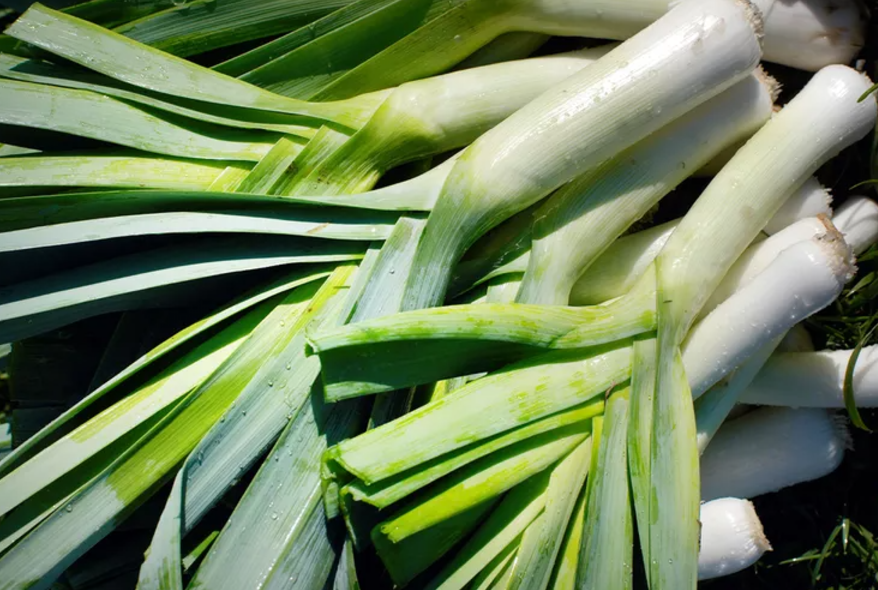
The Benefits of Repurposing
Repurposing items for gardening not only saves you money, but it also helps reduce waste and supports sustainability. With a little creativity, you can find solutions to almost any gardening challenge using materials that would otherwise be discarded. Plus, it adds a personal touch to your garden, turning everyday objects into unique features that reflect your resourcefulness.
Whether you’re starting a garden on a shoestring budget or simply want to make use of items you already own, repurposing is a great way to keep costs down while ensuring your plants thrive. It’s a win-win for both your wallet and the environment!
